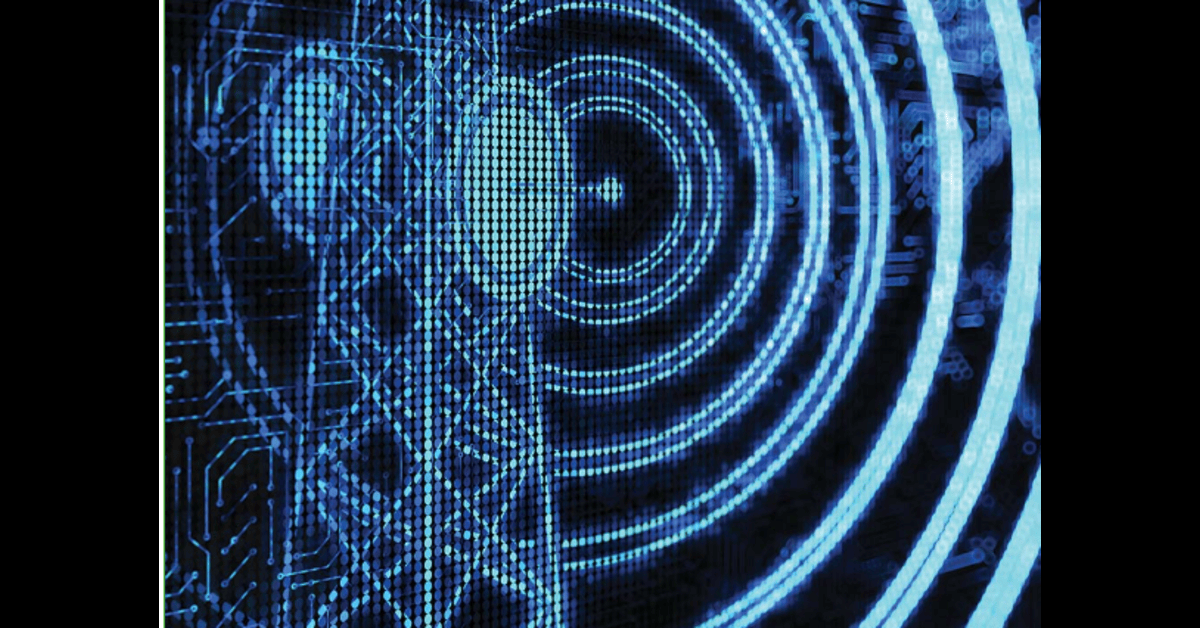Introduction
FCC certification is a critical step for businesses launching products in the U.S. market, especially those involving radio frequency (RF) or wireless technology. It ensures compliance with Federal Communications Commission (FCC) regulations, helping to maintain the integrity of communication networks and public safety. Failure to comply with FCC standards can lead to legal troubles, hefty fines, or even a complete halt to your product’s launch. Let’s dive into the key aspects you need to know about FCC certification before going live.

1. What Is FCC Certification?
FCC certification is the approval process managed by the Federal Communications Commission to ensure electronic devices comply with regulations that minimize electromagnetic interference. Devices that emit RF energy, such as smartphones, routers, or Bluetooth devices, are typically subject to these rules.
This certification safeguards wireless communication networks and ensures that devices don’t interfere with critical systems, such as emergency services or aviation equipment.
2. Why Is FCC Certification Important?
Skipping FCC certification is not an option for businesses targeting the U.S. market. It ensures:
- Legal Compliance: Products without certification can’t be legally sold or marketed in the U.S.
- Consumer Safety: Proper testing ensures devices don’t emit harmful levels of radiation.
- Market Credibility: Certified products are perceived as more reliable and trustworthy by consumers.
Ignoring this step can result in fines, legal action, and reputational damage.
3. Products That Require FCC Certification
Not all products need FCC certification, but many do. These include:
- Devices with Wi-Fi, Bluetooth, or cellular capabilities.
- Radios, drones, and remote controls.
- Smart home devices and wearables.
Some exceptions include devices operating below a certain frequency or those classified as low-risk. However, verifying your product’s specific requirements is crucial.
4. Understanding FCC Rules and Regulations
FCC rules are split into two main categories: Part 15 (Unlicensed Devices) and Part 18 (Industrial, Scientific, and Medical Equipment). Knowing which rules apply to your product helps you prepare for certification. For instance:
- Intentional Radiators: Devices that intentionally emit RF energy.
- Unintentional Radiators: Products that emit RF energy unintentionally.
Each category has unique testing and labeling requirements.

5. Types of FCC Certification
There are three primary paths to FCC compliance:
- Declaration of Conformity (DoC): Used for products tested in an FCC-accredited lab.
- Certification: Involves review by a Telecommunications Certification Body (TCB).
- Verification: Applies to devices like simple electronic equipment.
Choosing the right path depends on your product’s complexity and intended use.
6. Steps to Get FCC Certification
The certification process involves:
- Pre-testing: Identify and resolve potential issues early.
- Testing: Work with an FCC-recognized lab to conduct RF and EMC tests.
- Documentation: Prepare technical files, including user manuals and testing reports.
- Submission: Submit results to the FCC or a TCB.
The process can take several weeks or months, depending on the product.
7. Common Testing Requirements
Key tests include:
- Electromagnetic Compatibility (EMC): Ensures your product doesn’t interfere with other devices.
- RF Exposure: Verifies the safety of RF emissions for human exposure.
- Environmental Impact: Assesses energy efficiency and environmental compliance.
If your product fails, it can be redesigned and retested until it meets standards.
8. Labeling and Documentation
After certification, products must carry an FCC label, such as:
- FCC ID: Unique identifier for certified devices.
- Compliance Statements: For example, “This device complies with Part 15 of the FCC Rules.”
Improper labeling can result in penalties or product recalls.
9. Costs and Timelines for FCC Certification
The cost of FCC certification varies based on:
- Product Type: Complex devices require more extensive testing.
- Testing Facility: Accredited labs may charge higher fees.
10. Consequences of Non-Compliance
Non-compliance can have serious consequences, such as:
- Fines: The FCC imposes significant penalties for uncertified products.
- Product Recalls: Non-compliant devices can be banned from the market.
- Legal Issues: Repeated violations can result in lawsuits.
Ensuring compliance from the start helps avoid these risks.
Conclusion
FCC certification is not just a bureaucratic hurdle—it’s an essential process for launching compliant, safe, and reliable products in the U.S. market. By understanding the requirements and steps involved, you can avoid delays and ensure your product’s success.
FAQs
- What is the penalty for selling uncertified products in the U.S.?
Fines can range from thousands to millions of dollars, depending on the violation’s severity. - Can FCC certification be reused for modified products?
Significant modifications may require re-certification to ensure continued compliance. - How long does FCC certification remain valid?
Certification typically remains valid unless the product undergoes major changes. - Is FCC certification mandatory for all electronic devices?
No, but most devices with RF or wireless functionality require it. - What are the alternatives if a product fails FCC testing?
Redesign the product, resolve issues, and retest to meet compliance standards.

One Response